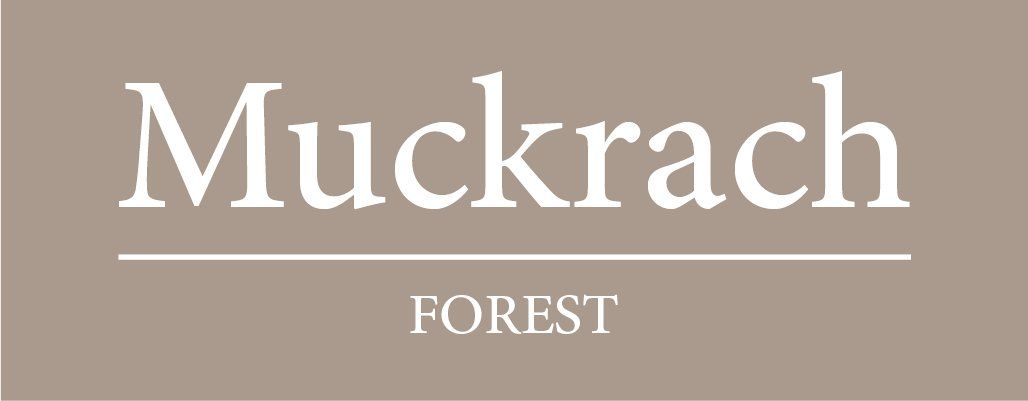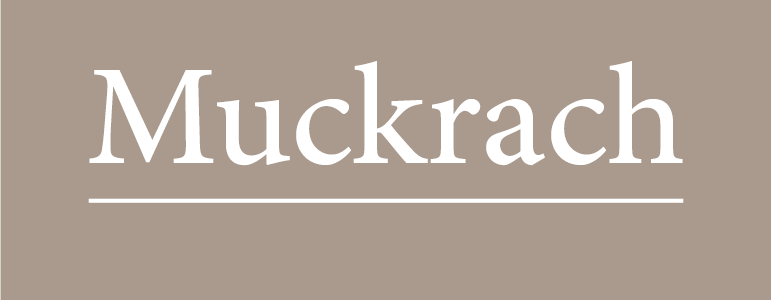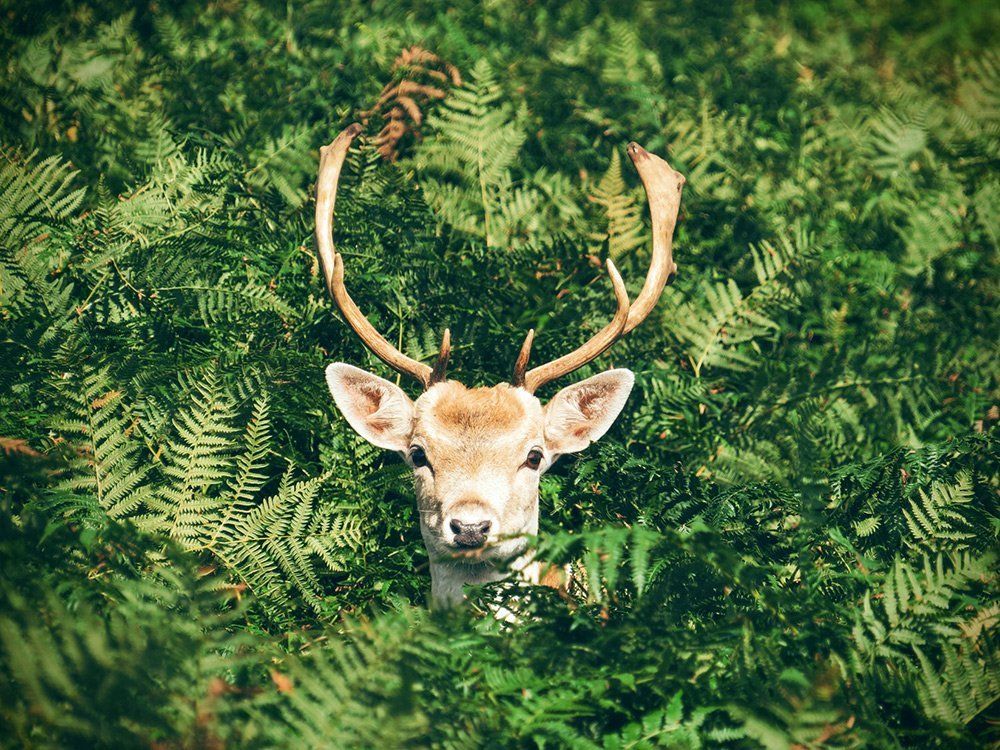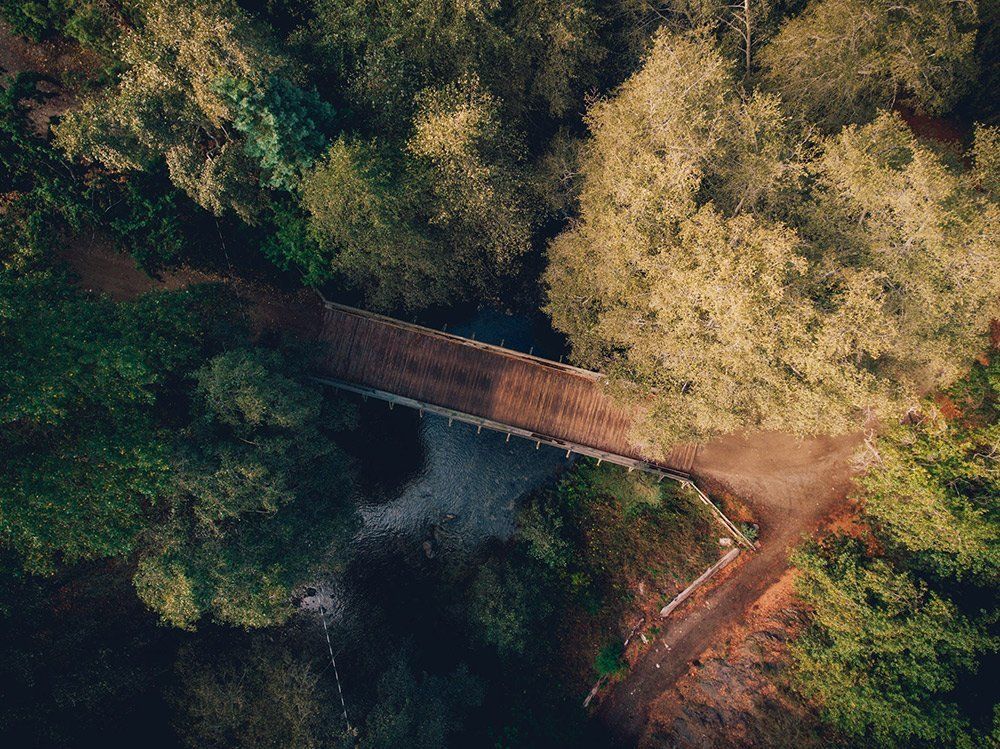Our vision for
Muckrach Forest
We aim to create a landscape scale woodland for the sequestration of carbon and creation of valuable habitat that is in keep with its surroundings. The goal is a naturalistic native woodland comprising species best suited to thrive in the soil and climatic conditions of the site.
Woodland Characteristics
Ideally the woodland would incorporate both species and structural diversity, with naturalistic aesthetics. While carbon sequestration is a key driver in species choice, a choice constrained by the capabilities of the site, ideally it would comprise a mix of native species, predominantly broadleaf, including scots pine where appropriate. The woodland should balance the dual objectives of maximising woodland cover and carbon yield, and the desire for a naturalistic, ecologically functioning woodland in which connectivity of open space is achieved wherever possible.
Community & Access
The design process should take account of the desire for the public, and visitors to the estate, to take access to the land as part of the scheme’s role in adding value to the visitor experience and to Muckrach Estate as a visitor destination. The identification of desire lines from the entrance of the site and development of access along those desire lines, for example to the highest points in the landscape, will aid the control and proper provision for the public taking access to the ground. Equally, provision should be made to retention of views from those high points where possible.
Tourism
While there are no current plans for the development of a tourism offer directly within the woodland creation site, design should, with the help of managers, identify potential future sites for development and work to design around these open spaces, providing enough buffer for access, groundworks and peaceful enjoyment of future accommodation.
Mission statement
We aim to create a landscape scale woodland for the sequestration of carbon and creation of valuable habitat that is in keep with its surroundings. The goal is a naturalistic native woodland comprising species best suited to thrive in the soil and climatic conditions of the site, ensuring that any potential for commercial compartments at increased stocking density are incorporated into the design where appropriate. Designed with the primary aim of maximising carbon sequestration, and secondary aims of maximising resilience, diversity and biodiversity within the woodland and integrated open areas for the benefit of wildlife and public enjoyment.









